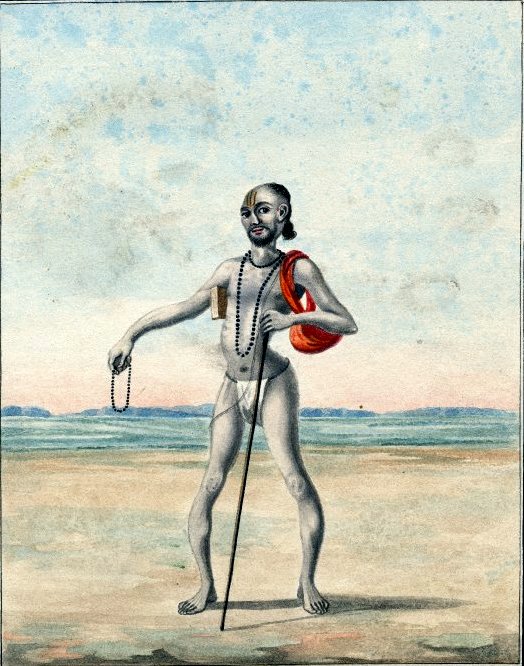By Upendra Mishra
WESTON, MA—Like many of us take daily pills to fight allergy during the allergy season, we should also take a pill of developing a positive framework of mind every day in today’s world of 24-7 news bombardment—most of it negative—whether you open your email, Facebook, Linkedin, twitter, newspaper, radio or TV. You just cannot escape the negative news.

In addition to 24-7 negative news cycle, we also have our own personal daily challenges of work, business, family and close network of friends and colleagues. We see negativity all the time and constantly struggle to face these challenges, but once we learn how to change every negative experience into positive, all the forces of negativity become our best friend. However, we must be brave enough to accept negativity, face it head-on and not deny it.
Many years ago, I decided that I will never accept any form of negativity regarding anything. It was very hard at first and then it became a habit. Now, if anyone starts talking about any negativity or gossip (the mother of all negativity), I stop them right there. Also, when any negative thought comes to my mind, I make it a point to stop it there, accept it, think over it and get it out of my head. Many people don’t know that we can control our thoughts easily. With a little practice and being constantly aware of our thoughts and things around us, we can easily master our thinking and change the content of our thought.
Negativity does affect us deeply, pulls us down, paralyzes us and makes us waste a lot of time on things that don’t matter in grand scheme of things. In a positive framework of mind and heart, however, we thrive. We are creative, fast and do a great job when we feel good and positive.
Where do we start changing everything into positive emotions? Everything starts with thoughts, which turn into words both written and verbal (I repeat again that gossip, in fact, is the mother of all human-made negativity). Our thoughts become our words, which turn into our actions and ultimately result in our destiny.
Sometimes in the mornings, I go back to my favorite books and read highlighted parts. Recently, I picked up the Monk Who Sold His Ferrari by Robin Sharma. When I opened the book, these sentences popped up:
“Words are the verbal embodiment of power.”
“The price of greatness is responsibility over each of your thoughts.”
“There is nothing noble about being superior to some other person. True nobility lies in being superior to your former self.”
“Once you consistently apply this principle (of positive thinking) to your daily life and start to condition your mind to translate every event into a positive, empowering one, you will banish worry forever.”
This book led me to another of my favorite morning books: Ashtravakra Gita, translated by Thomas Byrom as “The Heart of Awareness.” I have talked about Ashtravakra Gita many times in my previous columns (because I do think there is nothing more to read and learn beyond this book.)
Ashtavakra literally means someone whose eight limbs are bent or handicap. Sage Ashtavakra had an in-depth understanding of the Self and summarized the Advait (nondual) philosophy beautifully in a small text called Ashtavakra Gita.
What I like about Ashtavakra most is his simplicity, boldness, clarity and single pointedness. He teaches that once you go beyond fear and doubt, you instantly transform yourself. He bluntly makes us aware of awareness: “Yesterday I lived bewildered, in illusion. But now I am awake, flawless and serene, beyond the world.”
If you are not familiar with teachings of Upanishads and such scriptures, it may be a bit difficult to grasp Ashtavakra Gita at first. However, if you do or try harder with an open mind, there is nothing like Ashtavakra Gita. After grasping this, you don’t need to learn or know anything else.
Here are a few quotes from Ashtravakra Gita from Byrom’s translations. Sentences are short and direct, and talk about the same thing again and again in various ways:
“You are joy. Unbounded joy.”
“If you think you are free, you are free.”
“You are what you think.”
You are: “One. Still. Free. Perfect.”
“You are pure awareness, and your beauty infinite.”
“You are pure. Nothing touches you. What is there to renounce?”
“You are one and the same in joy and sorrow, hope and despair, life and death. You are already fulfilled.”
“I am in all being. All beings are in me. This is the whole truth. Nothing to embrace, nothing to relinquish nothing to dissolve.”
“There is nothing to embrace, and there is nothing to turn away.”
“Where there is I, you are bound. Consider this. It is easy. Embrace nothing. Turn nothing away.”
“Meditation, controlling the mind, these are mere distractions. Now I am here.
“Rest in your own nature. Set yourself free.”
“I accept nothing. I reject nothing. And I am happy.”
“I have forsaken the joy of winning and the sorrow of losing. And I am happy.”
“For pleasures come and go. How often I have watched their inconstancy! But I have forsaken good and bad, and now I am happy.”
“Know you are free, free of “I”, free of “mine”. Be Happy.”
“You are the Self. You are God.”
“You are in whatever you see. You alone.”
“There is no one. Not even God.”
“You are already fulfilled.”
“Never upset your mind with yes and no. Be quiet. You are awareness itself.”
“Live in the happiness of your own nature, which is happiness itself.”
“You are the Self, and you are free.”
“It is all the same to him. Man or women, good fortune or bad, happiness or sorrow. It makes no difference. He is serene.”
“Love your true Self which is naturally happy and peaceful and bright. Awaken to your own nature, and all delusion melts like a dream.”
“My nature is purity.”
“He (the master) is full of joy. Attached to nothing, free from possessions, he stands on his own. His doubts dispelled, he wanders where he will, never setting on thing another.”
“He is not happy, nor is he sad. He is not detached, not he is bound. He is not free, nor does he seek freedom. He is not this. He is not that.”
“Blame does not disturb him, nor does praise delight him. He neither rejoices in life, not fears death.”
“I sit in my own radiance.”
“Now I live in my heart.”
(Mr. Mishra is managing partner of the Waltham, MA-based integrated inbound marketing and PR firm The Mishra Group. He writes about his three passions: marketing, scriptures and gardening.)















